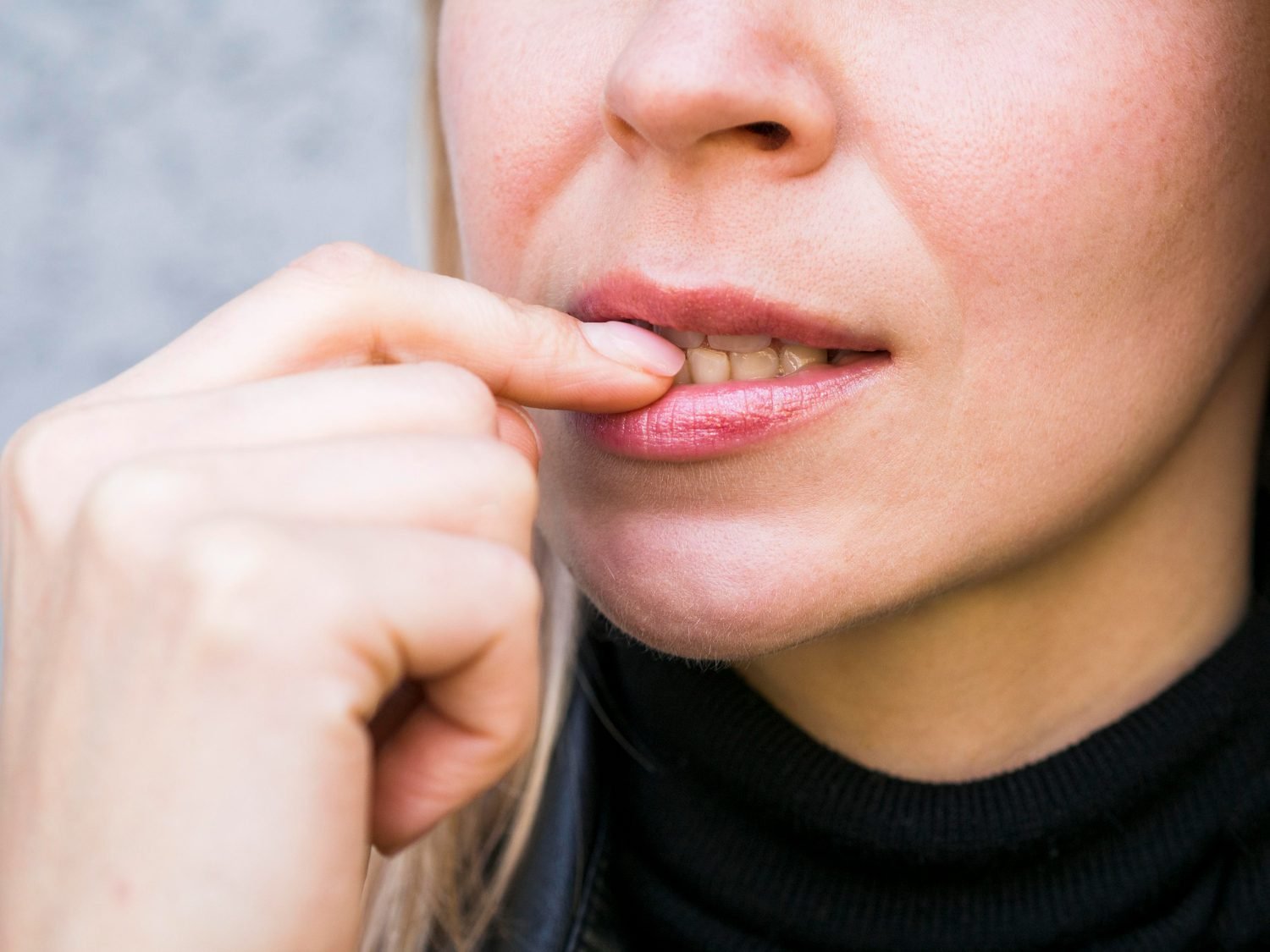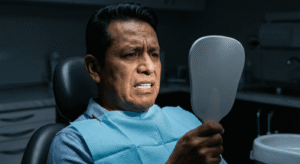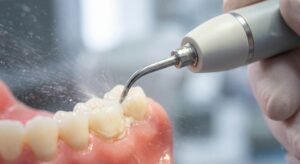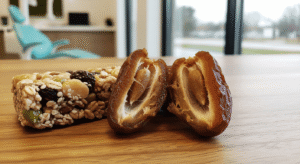1. You clench your teeth and don’t even know it — that’s how it all starts
You might be clenching your teeth right now.
Yes, you. While reading this. Maybe your jaw is tight, your molars are grinding, your tongue is pressing against the roof of your mouth. It doesn’t hurt. It’s not bothering you (yet). But it’s there. And that’s where bruxism begins.
The scary thing about bruxism is that it doesn’t come with a warning buzz. No alarm goes off. It doesn’t wake you up yelling. It just creeps in. Little by little. Quietly.
And one day… you notice a chipped tooth. Or you wake up with jaw pain. Or you’ve got constant headaches with no obvious cause. By then, it’s too late: the damage is done.
2. Bruxism isn’t just “built-up stress” — it’s a silent disorder
No, it’s not just “stress.” It’s not just “tension from the day.” It’s not just something that happens “when you’re tired.”
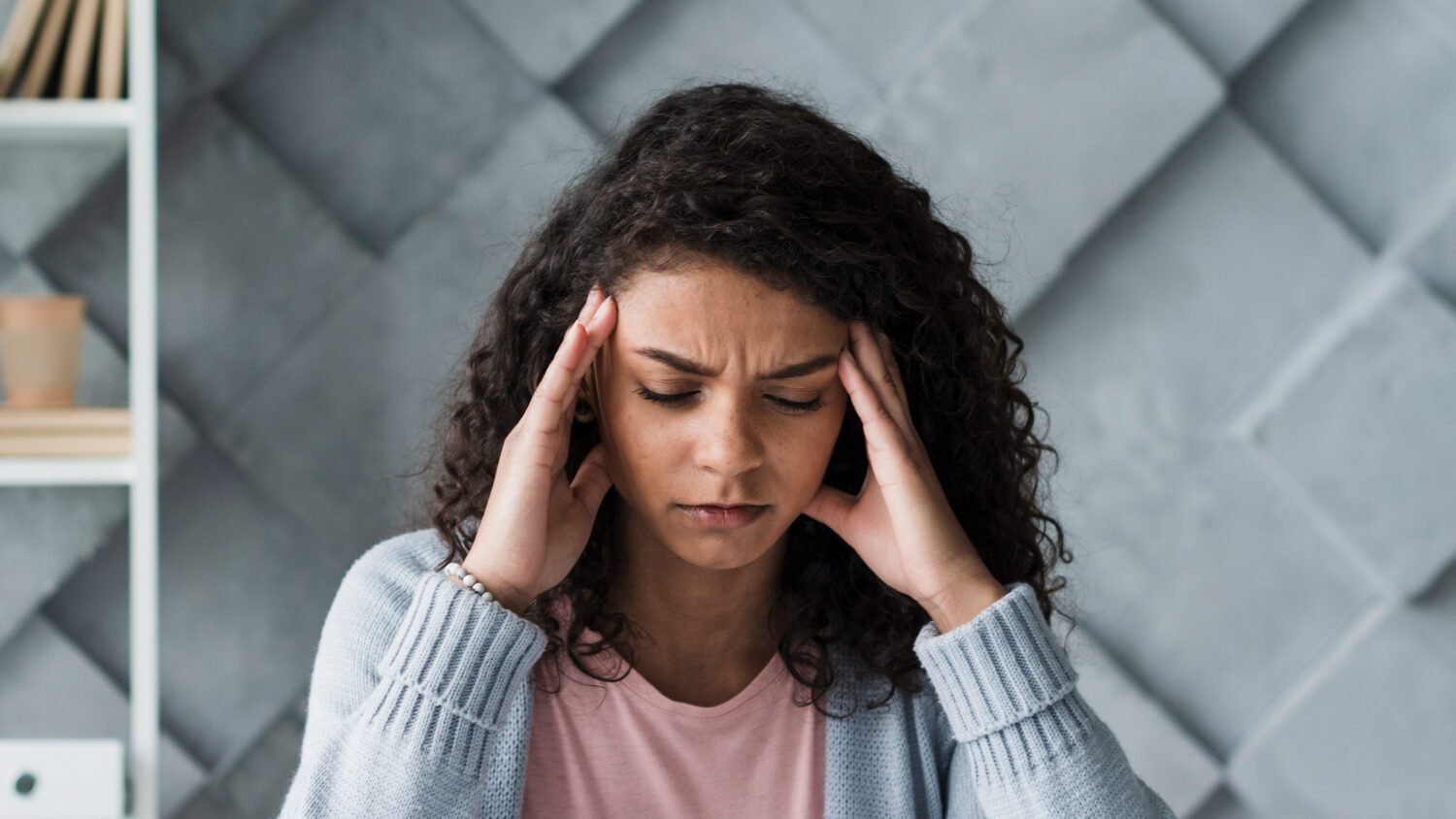
It’s an involuntary, chronic response to an emotional and muscular system that’s constantly on high alert. It’s your body’s way of complaining.
“Clenching is a way of somatizing the stress we live with today. It’s a pathological process, not a natural one—and we’re seeing it more and more in our patients.” — Dr. Alejandra Mora, AM Dental Studio
And the worst part? It doesn’t just happen while you sleep. Some patients grind their teeth during meetings, while driving, scrolling on their phones, cooking… It’s automatic. It’s unconscious. And it’s constant.
3. Day and night: How can you clench your teeth without realizing it?
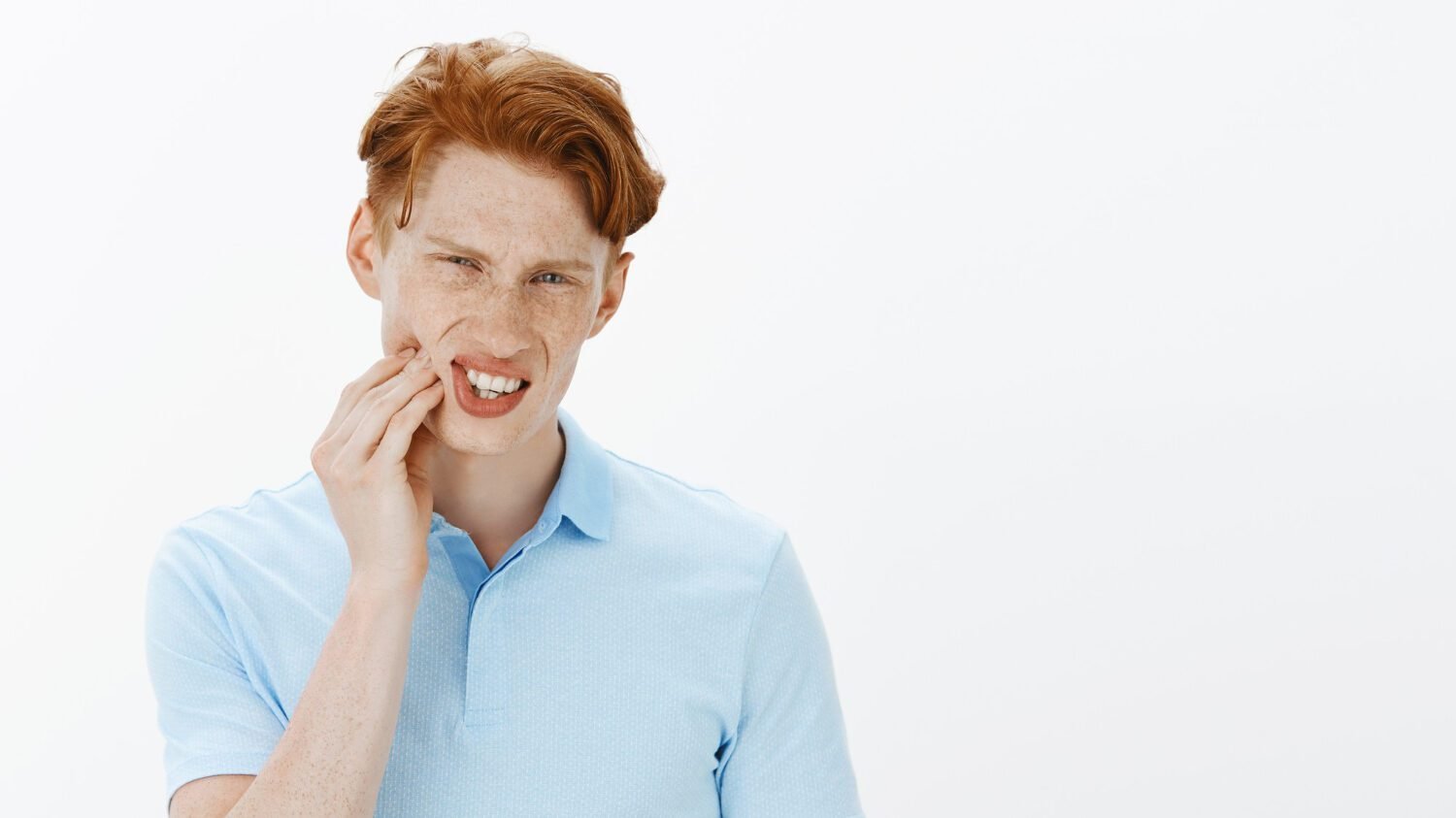
Bruxism has two faces:
- Nighttime: when you clench or grind your teeth while you sleep. It’s the most common—and the hardest to detect.
- Daytime: quieter, more dangerous. You clench without realizing it while working, feeling stressed, focused, or upset.
In both cases, your body generates excessive force—way more than your teeth are designed to handle. And that’s when the damage begins: microfractures, sensitivity, enamel wear, headaches, and even digestive issues (yes, those too).
“Bruxism can cause vertical fractures in the teeth, and in many cases, those teeth end up being extracted. I’ve seen it more than once in the clinic.” — Dr. Alejandra Mora, AM Dental Studio
4. What bruxism does to your body (and not just your mouth)
Think bruxism only affects your teeth? Surprise: your whole body pays the price.
Here are some of the most common symptoms and consequences:
- Jaw pain or TMJ (temporomandibular joint) discomfort
- Frequent tension headaches
- Neck and shoulder pain
- Clicking or pressure when opening your mouth
- Sleep disturbances
- Anxiety and chronic fatigue
Bruxism doesn’t stay in your mouth—it goes way beyond. Your chewing system is connected to your nervous system, your spine, your postural muscles.
5. Tooth fractures, wear, and pain: the real consequences of bruxism
Now let’s talk about the damage you do see (though often too late):
- Vertical fractures: when a tooth splits from the inside. You don’t see it. It doesn’t hurt at first. But when it does, it’s irreversible. The tooth has to go.
- Enamel wear: teeth become dull, sensitive, flat. And what’s lost doesn’t grow back.
- Chronic pain in facial and neck muscles
- Gum recession and tooth mobility
- Loss of healthy teeth due to constant excessive force
“I’ve seen patients lose teeth without a single cavity. Just from years of undiagnosed bruxism.” — Dr. Alejandra Mora
And yes, you might even end up needing full-mouth rehabilitation, implants, or veneers you never thought you’d need.
6. Why doesn’t anyone talk about this?
Bruxism has become a silent epidemic. We live in a fast-paced, hyperconnected world full of screens, urgent emails, and midnight notifications. The result? Tense bodies. Anxious minds. Locked jaws.

Bruxism isn’t new—but today, it’s a silent epidemic. Because no one connects it to their symptoms.
Who would suspect their daily migraines come from clenching their teeth? Or that their neck pain is linked to how they sleep or bite?
“More and more patients are coming in with clear signs of bruxism without realizing it. They think it’s something minor, but the damage is already done.” — Dr. Alejandra Mora
7. How do you know if you have bruxism? Signs your body is already screaming at you
Here are some obvious (and not-so-obvious) signs to watch for:
- You wake up with jaw pain or tension
- You feel like your bite has changed
- Pressure or pain in the ears with no infection
- Your teeth look “shorter”
- Morning headaches
- You catch yourself clenching your teeth when stressed
- Your dentist says there’s wear on your back teeth
If you check off two or more of these, you’re probably clenching—even if you don’t realize it.
8. Can bruxism be stopped? Real treatments and changes that actually work
The good news: it can be managed—and in many cases, the damage can be reversed if caught early.
✅ What works:
- Custom-made occlusal splints (not over-the-counter ones)
- Relaxation techniques and stress management
- Bite correction if there’s misalignment
- Jaw awareness exercises
- Emotional or psychological support if there’s chronic anxiety
- TMJ/jaw-focused physical therapy
At AM Dental Studio in Zapopan, Guadalajara, we treat bruxism patients every day—from mild cases to severe dental fractures. The first step is early detection, followed by a treatment plan that not only protects your teeth but also breaks the tension pattern.
You can learn more at amdentalstudiogdl.mx or book a no-obligation consultation.
Conclusion: Stop normalizing bruxism—because it’s not normal
“It’s not a natural process. It’s an occlusal disorder—your body’s way of asking for help. Listen before it starts screaming.” — Dr. Alejandra Mora, AM Dental Studio
Bruxism is reversible—if you face it. Ignored, it’s progressive, destructive, and expensive to fix.
“It’s not a natural process. It’s an occlusal disorder—your body’s way of asking for help. Listen before it starts screaming.” — Dr. Alejandra Mora, AM Dental Studio
Did this sound familiar?
Share it with someone you know who clenches their teeth without realizing it.
Or better yet, book an appointment. At AM Dental Studio in Zapopan, we’re ready to help you stop the damage before it’s too late.
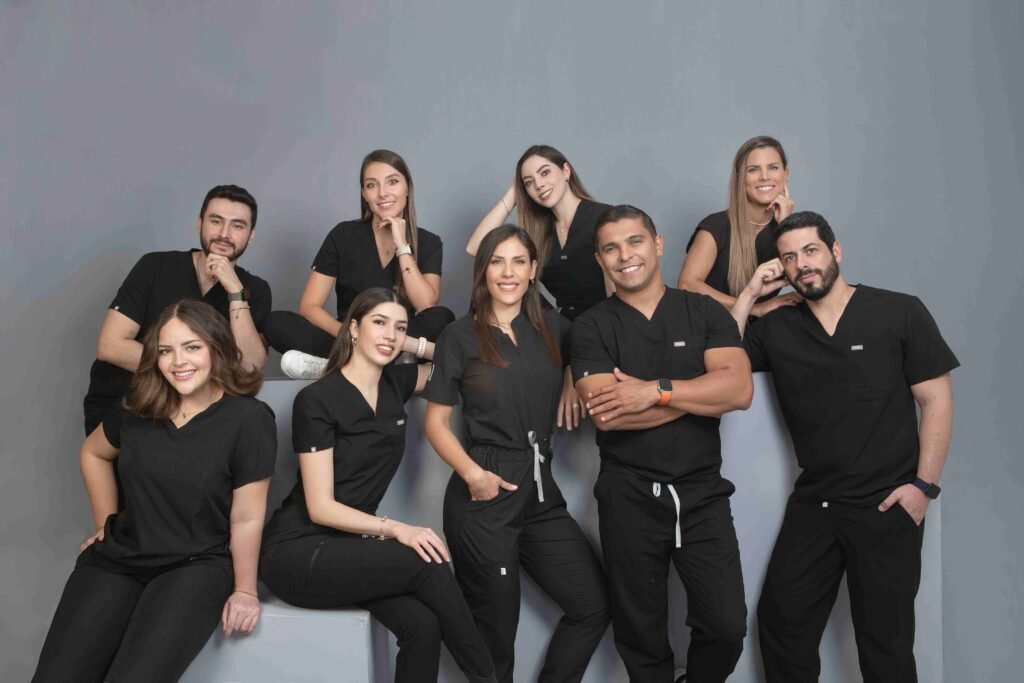
Best Choice

